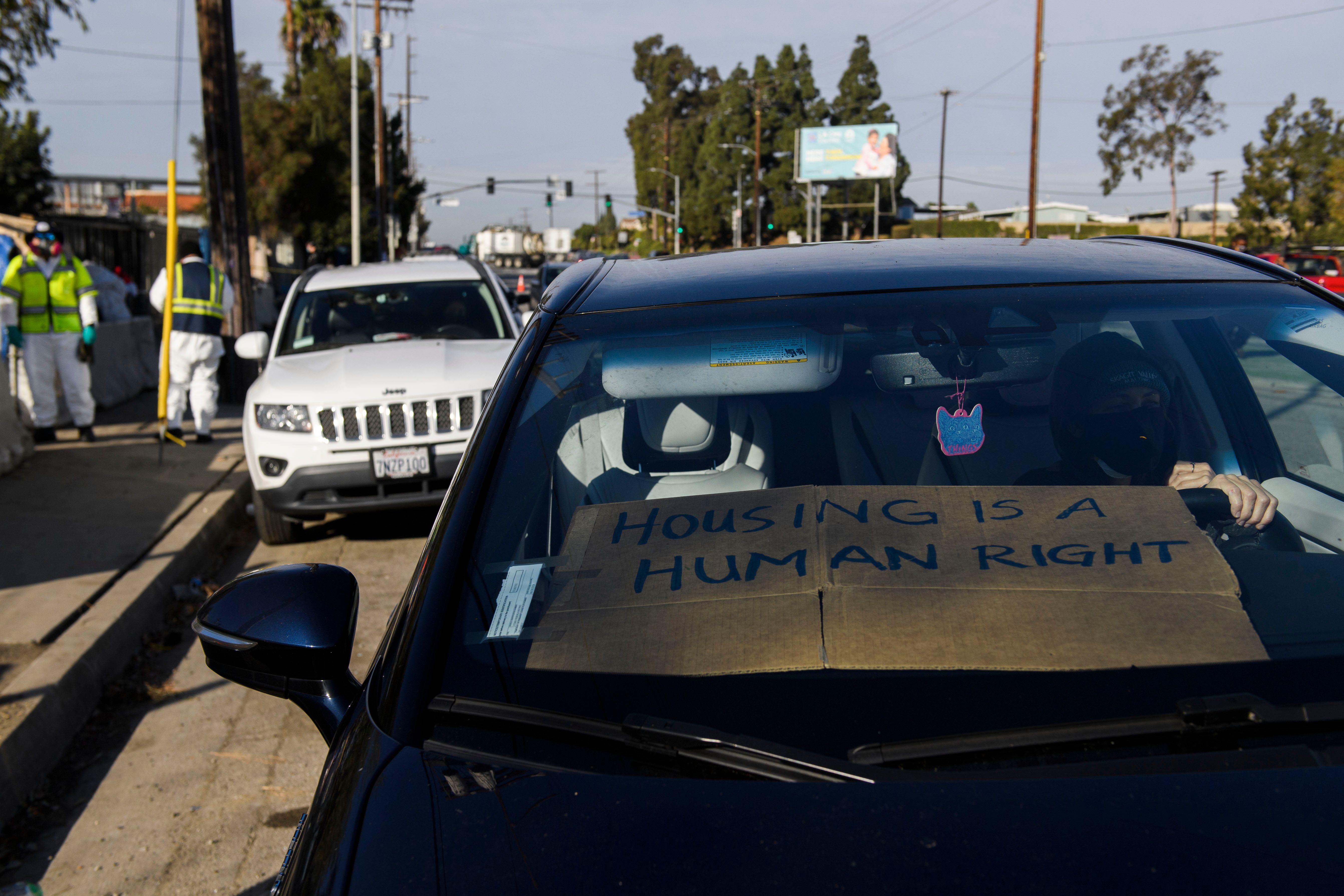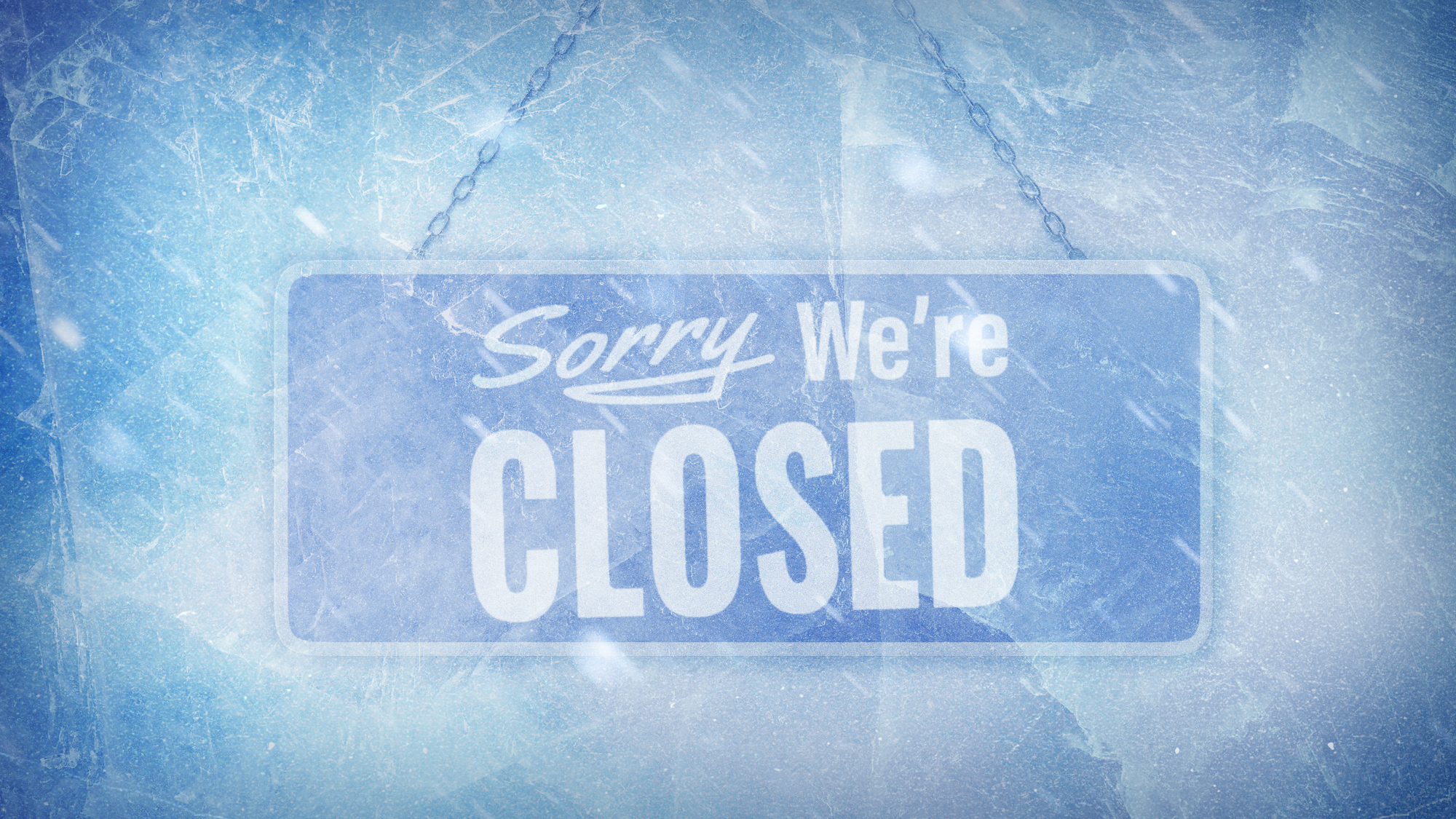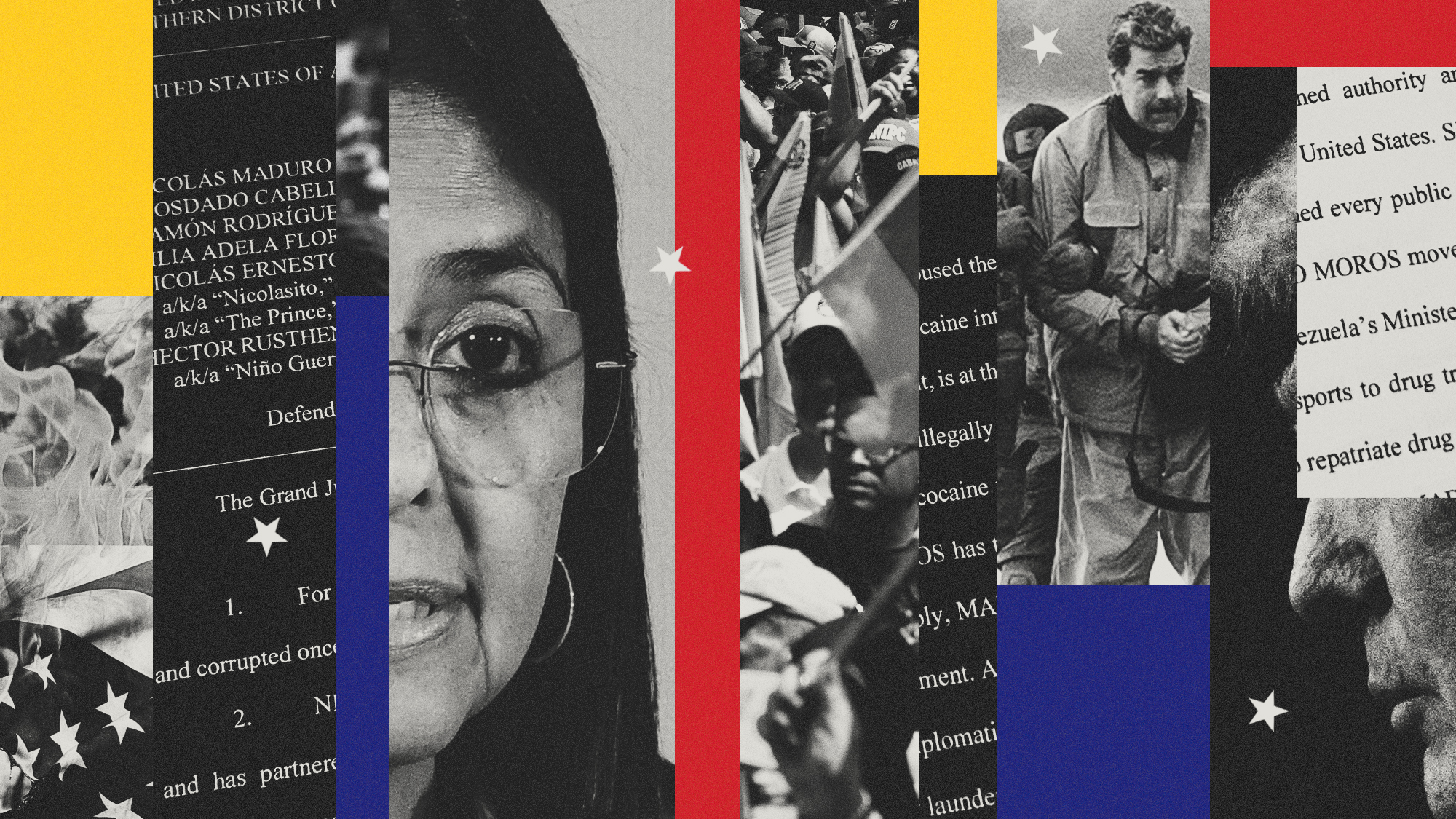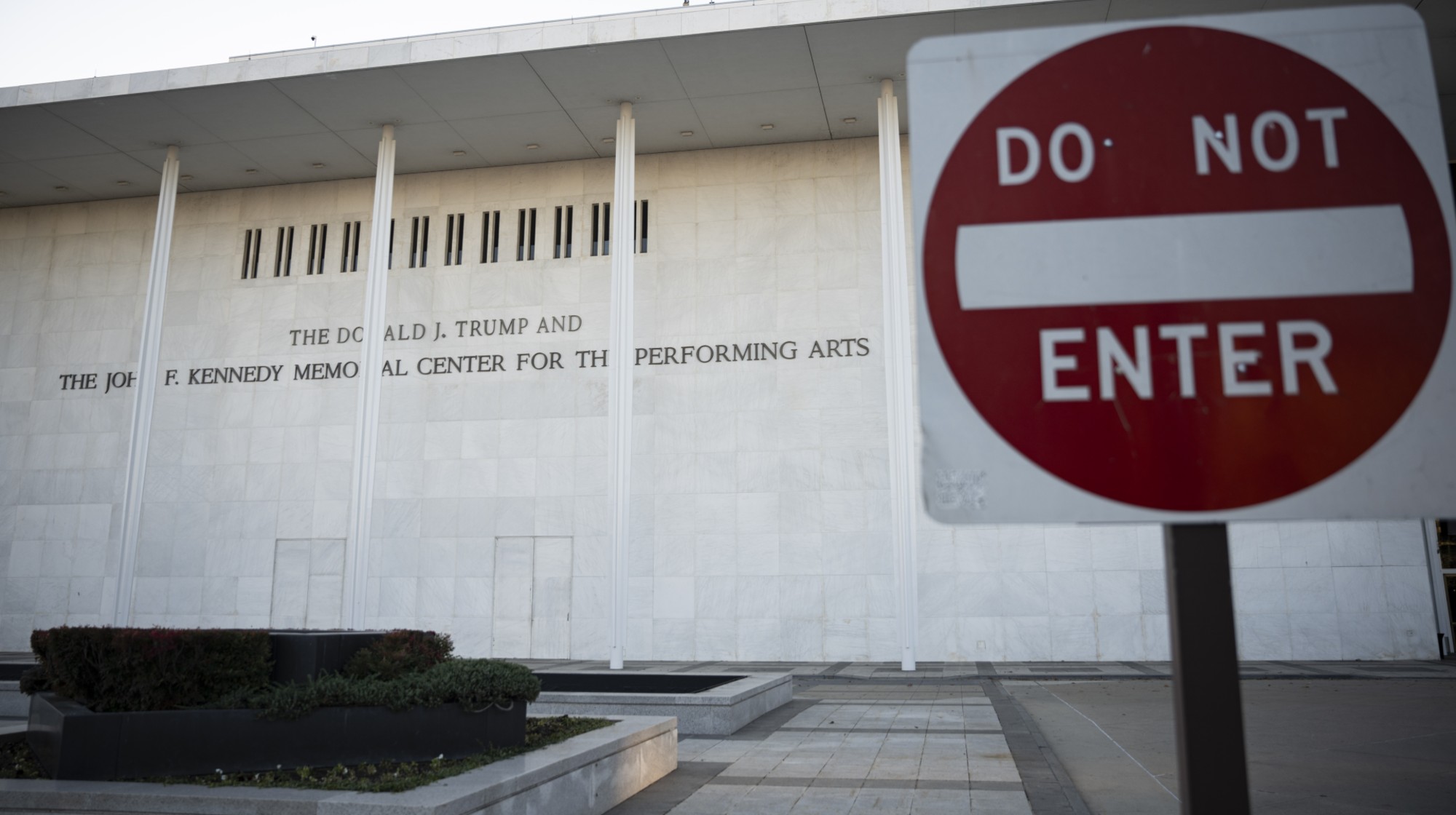Safe parking lots grow as unhoused people increasingly find shelter in cars
With rent on the rise and civic resources stretched thin, communities are turning to a quintessential urban asset as a temporary home for the unhoused


A free daily email with the biggest news stories of the day – and the best features from TheWeek.com
You are now subscribed
Your newsletter sign-up was successful
This week, following more than a year of urban planning capped by a contentious seven-hour long council meeting, the city of Sedona, Arizona approved plans to create a 40-spot "safe parking lot" where unhoused city residents living in their cars can sleep unaccosted and enjoy access to restrooms and showers. Calling it a "last-ditch effort," Sedona Mayor Scott Jablow admitted that the measure is not ideal, saying that "no one's really proud because this isn't really the answer." Instead, Jablow continued, the controversial initiative is simply "one of many answers" to assist his city's community of people experiencing homelessness — many of whom enjoy full-time employment, but still cannot afford permanent housing.
Sedona now joins a growing list of cities across the United States that are looking to parking lots to address record levels of unhoused residents. Although housing scarcity is hardly a new phenomenon, the government reported last year that homelessness "increased nationwide across all household types" by 12%, or more than 70,000 individuals. Rising rent costs and the end of Covid-era social safety net programs have created a "financial double-whammy that has hit vulnerable Americans particularly hard" and reversed a pre-pandemic downward trend in unhoused numbers, CBS News said. And as unhoused populations grow, so too do safe parking lots.
Why parking lots?
While the first instance of using a parking lot as a temporary haven for unhoused people is nearly twenty years old, "the idea didn’t take off nationally for some time," The New York Times said. Recently, however, "mobile homeless" communities have become the "majority of the homeless population" in many cities, including Los Angeles where more than 60% of the unhoused population is estimated to be living in a vehicle of some sort.
The Week
Escape your echo chamber. Get the facts behind the news, plus analysis from multiple perspectives.

Sign up for The Week's Free Newsletters
From our morning news briefing to a weekly Good News Newsletter, get the best of The Week delivered directly to your inbox.
From our morning news briefing to a weekly Good News Newsletter, get the best of The Week delivered directly to your inbox.
Those living in their vehicles are often "new to the experience" of being unhoused, The Guardian said. Many people "only need a short-term safety net to get themselves back into their previous state of housing" and a safe parking lot provides that "sense of security." People living in their vehicles "often have not yet experienced the worst of homelessness," Marketplace said, adding that they need help to prevent them from "sliding further into the margins of society." In Sedona, for instance, residents of the newly approved lot must be "employed full-time within city limits" and will be required to "actively engage in case management with local social services" to secure permanent housing in the future, AZ Central said. In Denver, more than half the residents of lots managed by the Colorado Safe Parking Initiative were employed and earned just over $1,580 a month on average. But, the Times said, "one-bedrooms there average $1,655."
Not everyone is on board
In Sedona, much of the public opposition to the planned lot ostensibly focused on where rather than what the lot would be. One resident called it the "right idea, wrong location," according to Red Rock News. Others, however, were more explicit in their pushback on the lot's purpose in the first place, arguing, as one council meeting attendee did, that there is "nothing compassionate about helping someone live in their car."
Safe parking lot organizers are well aware of the negative attitudes toward unhoused communities. In Santa Barbara, California, the New Beginnings Counseling Center keeps its lot locations unpublicized so as not to "invite neighbor scrutiny or NIMBYism" or "attract people who have ill will towards people with homelessness," said program manager Cassie Roach.
A federal push
In late January, Rep. Salud Carbajal (D-Calif.) announced a bipartisan push to pass the Naomi Schwartz and Susan Rose Safe Parking Act that would unlock federal funds to be applied to safe parking lot projects. To date, safe lot programs have had to "cobble together funding, making them difficult to expand," Marketplace said, adding that the financial challenges come "even as the need for assistance for unhoused people has skyrocketed." Named after the two county officials who spearheaded Santa Barbara's first safe lot, it is intended to push the federal government to recognize "the difference these programs make in responding to the housing crises we are facing," Carbajal said in a press release.
A free daily email with the biggest news stories of the day – and the best features from TheWeek.com
Rafi Schwartz has worked as a politics writer at The Week since 2022, where he covers elections, Congress and the White House. He was previously a contributing writer with Mic focusing largely on politics, a senior writer with Splinter News, a staff writer for Fusion's news lab, and the managing editor of Heeb Magazine, a Jewish life and culture publication. Rafi's work has appeared in Rolling Stone, GOOD and The Forward, among others.
-
 Switzerland could vote to cap its population
Switzerland could vote to cap its populationUnder the Radar Swiss People’s Party proposes referendum on radical anti-immigration measure to limit residents to 10 million
-
 Political cartoons for February 15
Political cartoons for February 15Cartoons Sunday's political cartoons include political ventriloquism, Europe in the middle, and more
-
 The broken water companies failing England and Wales
The broken water companies failing England and WalesExplainer With rising bills, deteriorating river health and a lack of investment, regulators face an uphill battle to stabilise the industry
-
 ICE eyes new targets post-Minnesota retreat
ICE eyes new targets post-Minnesota retreatIn the Spotlight Several cities are reportedly on ICE’s list for immigration crackdowns
-
 Gavin Newsom and Dr. Oz feud over fraud allegations
Gavin Newsom and Dr. Oz feud over fraud allegationsIn the Spotlight Newsom called Oz’s behavior ‘baseless and racist’
-
 ‘Something close to a universal rallying cry’
‘Something close to a universal rallying cry’Instant Opinion Opinion, comment and editorials of the day
-
 Businesses are caught in the middle of ICE activities
Businesses are caught in the middle of ICE activitiesIn the Spotlight Many companies are being forced to choose a side in the ICE debate
-
 Venezuela’s Trump-shaped power vacuum
Venezuela’s Trump-shaped power vacuumIN THE SPOTLIGHT The American abduction of Venezuelan President Nicolás Maduro has thrust South America’s biggest oil-producing state into uncharted geopolitical waters
-
 Wave of cancellations prompts Kennedy Center turmoil
Wave of cancellations prompts Kennedy Center turmoilIN THE SPOTLIGHT Accusations and allegations fly as artists begin backing off their regularly scheduled appearances
-
 The MAGA civil war takes center stage at the Turning Point USA conference
The MAGA civil war takes center stage at the Turning Point USA conferenceIN THE SPOTLIGHT ‘Americafest 2025’ was a who’s who of right-wing heavyweights eager to settle scores and lay claim to the future of MAGA
-
 Trump aims to take down ‘global mothership’ of climate science
Trump aims to take down ‘global mothership’ of climate scienceIN THE SPOTLIGHT By moving to dismantle Colorado’s National Center for Atmospheric Research, the White House says it is targeting ‘climate alarmism’
